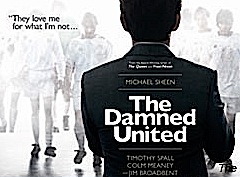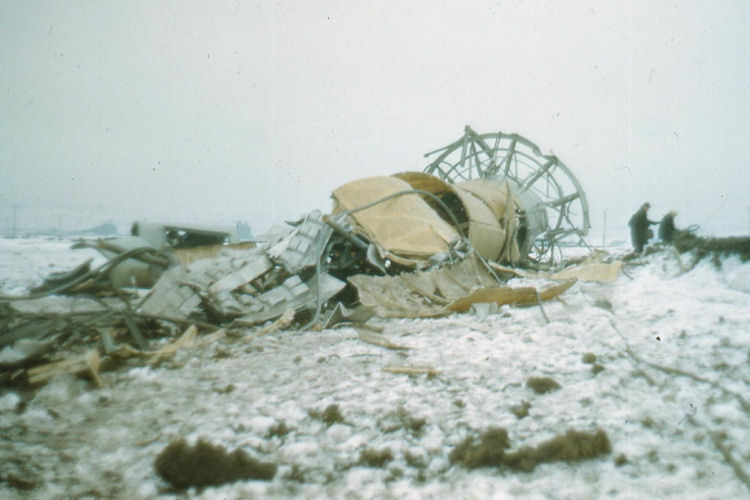I have recently seen two films. The Boat that Rocked and The Damned United.
The second of those films I watched on my own, the assumption being that it was a man’s film. It gave me the chance to enjoy it without being conscious of what Joan might have thought of it had she been sitting next to me; a significant factor.
Brian Clough as depicted by Michael Sheen, was not a complicated person. He had drive, doubts, nerve, he was obsessed, thought a lot of himself and told anyone who would listen, and many who cared not to, just how good he was.
His dependence on Peter Taylor, who put up with almost all of his arrogance in a very gracious way, was clear from the start. So when Clough went to Leeds without Taylor, it was also clear he was being set up to fail.
For me the film rang true because of that honest depiction of both sides of leadership shown in the character of Brian Clough. That it was set in a footballing context only made it more engaging. It had that northern grit seen in films like Brassed Off, The Full Monty and Billy Elliot, and reflected a working class world that still existed in the 70s. I left the City Screen in York, thoughtful and satisfied.
So I was delighted by the Screen Yorkshire interview with Andy Harries of Left Bank Pictures who lifted the curtain on the negotiations behind the scenes that allowed him to film The Damned United in Yorkshire.
The Boat That Rocked? Well it did, but for me the film sank. The music was good but the weak storyline and the monotonous depiction of debauched lifestyles on board Radio Rock was tasteless. It wasn’t a worthy document of the pioneers who opened up a channel for pop radio in the UK. There are better ways of wiping the smug grins off the faces of BBC and government officials than pretending pirate radio was responsible not only for free radio but also for the whole of the permissive age. On reflection this was more the man’s film in a unreconstructed, cave man sort of way. Brian Clough’s story was much more about real life and family and gives insight into a man’s world with a very accessible storyline.


